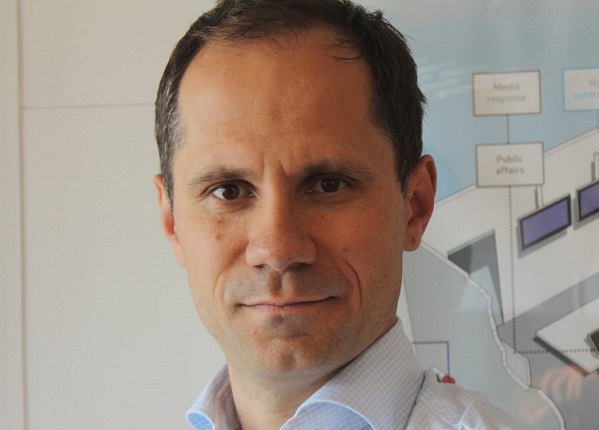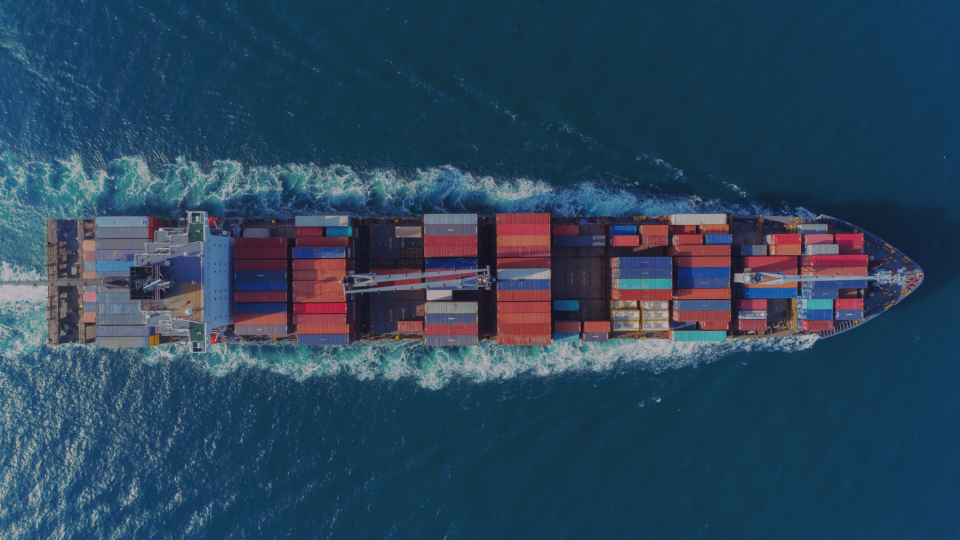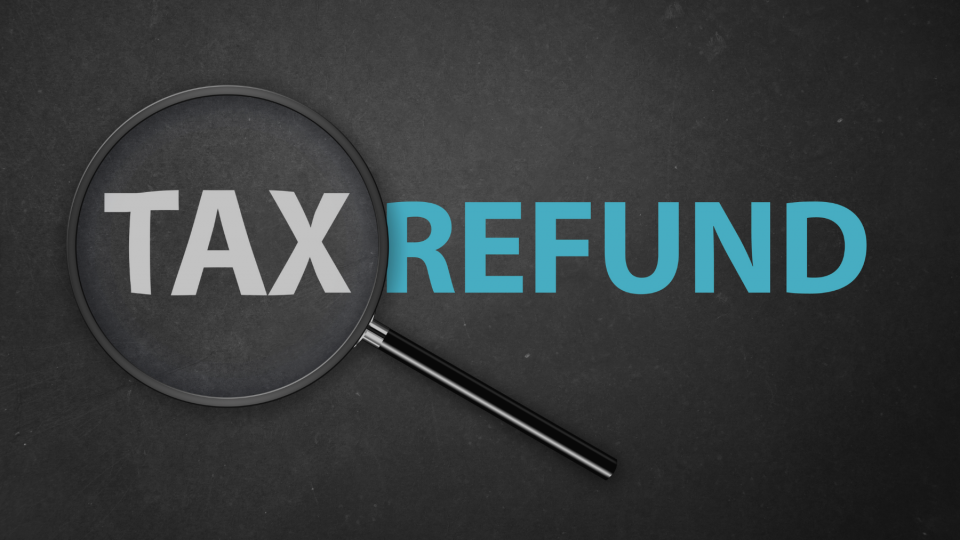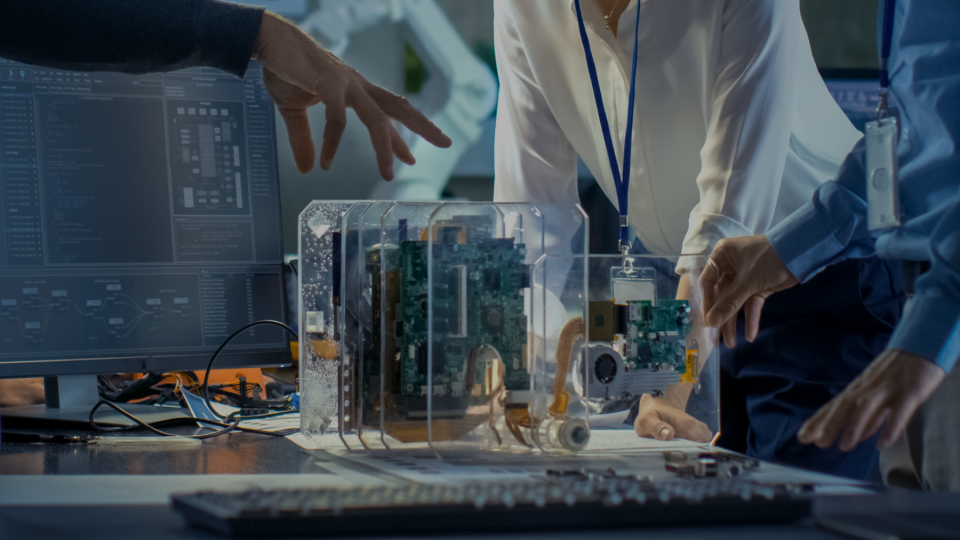Embracing change with AGR to save costs

Fishbones – Global well stimulation with norwegian technology
November 13, 2019
The Mexican Energy Reform brings new opportunities to Norway
November 13, 2019
Petter Mathisen, VP Software Solutions at AGRth
Petter Mathisen, Vice-President of Software Solutions at AGR, believes that working smarter and structuring rig data creates opportunities to adapt to new technologies and save considerable costs. “When everything is structured, opportunities for the future of machine learning or even artificial intelligence arise. Then we would be talking about enormous amounts of savings, having the structure and the capacity to be able to bring data and knowledge that we have from historical developments and operations,” mentions P. Mathisen.
AGR has drilled a substantial number of wells in the Norwegian Continental Shelf and offers reservoir studies, training and consultancy manpower to companies globally. P. Mathisen believes that the oil and gas sector has a long way to go regarding structuring the well data. There is a considerable amount of unstructured data available in the oil and gas sector, and AGR is addressing the challenge of transforming it into useful and easily available information. “We mapped what is publicly available and added possibility to manage the operators’ data. We have found that 20 years’ worth of reports provide a substantial amount of data, but it is reported in diverse formats provided by various operators and service companies. We have spent a considerable amount of time transforming everything into a single data set to benefit from the advantages of the digital world,” says P. Mathisen. The Norwegian Continental Shelf is proficient at gathering and systemizing data, enabling research and development and potential cooperation between companies that are working in Norway. For the Vice-President of Software Solutions at AGR, this is a good starting point.
Structuring the data in the same digital space, and using a single platform, enhances communication for all the parties of the oil and gas value chain, from exploration, to drilling, and further ahead to production. “By having everything in a digital space, companies can achieve considerable savings by avoiding mistakes that could occur when using multiple systems. We are getting rid of historical silos in the industry” says P. Mathisen. As an example, the final well reports compiled by engineering teams range from 100-1000 pages long, and it can take up to two months for an engineer to finish the task. AGR’s solution combines all the different digital sources that acquire information during the drilling operation and automatically uses this in the reporting, reducing the time needed to a day or two after finishing operations.
P. Mathisen explains that avoiding mistakes has a considerable impact in cost-savings. “It becomes highly relevant when a company can avoid making mistakes that cost 5-10 days of rig time. We are talking about millions of NOK in savings.” The drilling sector was particularly affected by the down-cycle of the industry and these solutions are what can become major game-changers in their cost-saving strategies.
AGR has participated in a wide range of projects, from early phase exploration to P&A of a well, making it a unique company servicing their clients in all aspects of their business. The company’s experience in a multi-disciplinary field allows it to collect, structure, and present data, making it available and re-useable in other platforms. P. Mathisen believes that cooperating with innovative service companies and software suppliers is the way to take the best advantage of the data gathered throughout the life-cycle of an oil and gas project. “We see opportunities in the geological and geophysical fields of the exploration area, achieving synergy through our system, value chain, and people.”
Even though there is immense potential to impact the operations of the entire life-cycle of an oil field, it may seem challenging to determine which area would be most affected by the newly-digitized infrastructure, since it takes considerable effort to capture all activities and operations within fully digitized systems.
While the benefits of utilizing Big Data may not materialize instantly, AGR has already started delivering on their shortterm goals. The company has mapped the areas of digitization that could help its teams and clients in the short-term, for instance, by looking for opportunities to automate final well reports to speed up the process. “As a company, we will continue focusing on our areas of expertise to address the most pressing issues of the industry, finding methods to deliver value quickly,” says P. Mathisen. The company expects it to be possible to save enormous amounts of money by using these technologies and having the structure and capacity to bring the data and knowledge available from historical developments and operations.
Fully digitized operations entail internal structural changes; companies may find it challenging to change, but it is crucial to introduce the tools that can support them in this process. P. Mattisen believes that one of the main challenges faced by oil and gas companies is breaking down the barriers between different teams and assets. Fortunately, AGR’s evolution is a clear example of the benefits of the adaptability to change. The company started off in 1987 by offering cleaning services onshore and, some years later, moved into cleaning services offshore. AGR’s founders noticed the need for specialized technology and began developing innovative cleaning tools and managed pressure drilling. The company has evolved, its core business today is engineering services and software tools. The software is developed in-house and is based on user experience and on the feedback from clients.
Today, AGR is one of the world’s largest well management companies. It has delivered over 90 well projects on the Norwegian Continental Shelf. In addition, AGR has been involved with several discovery and field development projects from the start and has delivered wells from the south to the Barents Sea in the north. Moreover, AGR was the first company to deliver a multi-well project on the Norwegian Continental Shelf and delivered 30 wells to 10 operators during a 5-year drilling campaign. “Some of our value lies in our ability to manage big and small challenging projects that require new ways of thinking and AGR is capable and experienced enough to deliver. AGR is special in the Norwegian market because our in-house expertise covers the entire life-cycle of an upstream asset,” says P. Mattisen. AGR has acquired the multidisciplinary expertise and has a broad portfolio of successful projects to encourage oil and gas companies to optimize their performance by embracing the digital world.
AGR is not only motivating companies to change the operating processes through its digital platform, but is also undergoing its own internal transformation to increase its competitiveness. For example, the company has worked actively to digitize calculations, communication, learning and change regarding project management of its well delivery process. In addition, AGR aims to pool existing digital sources to look for opportunities to capitalize on. Furthermore, P. Mathisen mentions some of the goals of the company for the next years. “We are trying to structure our digital operations. Once we have done that, we will focus on automation, machine learning, and on all the advantages of a complete digital platform,” he says.
Numerous opportunities will arise to make wells smarter than today and we will be able to make well construction quicker, safer, and cheaper. When it comes to production and drilling improvements in the well, placement and positioning will be much more influenced by computers,” concludes the Vice-President of Software Solutions at AGR. While change might be challenging, AGR sets the example of the benefits it involves.
Related posts
May 13, 2021
May 13, 2021





